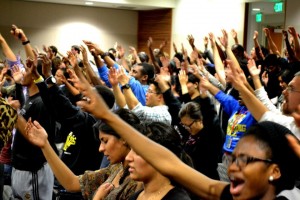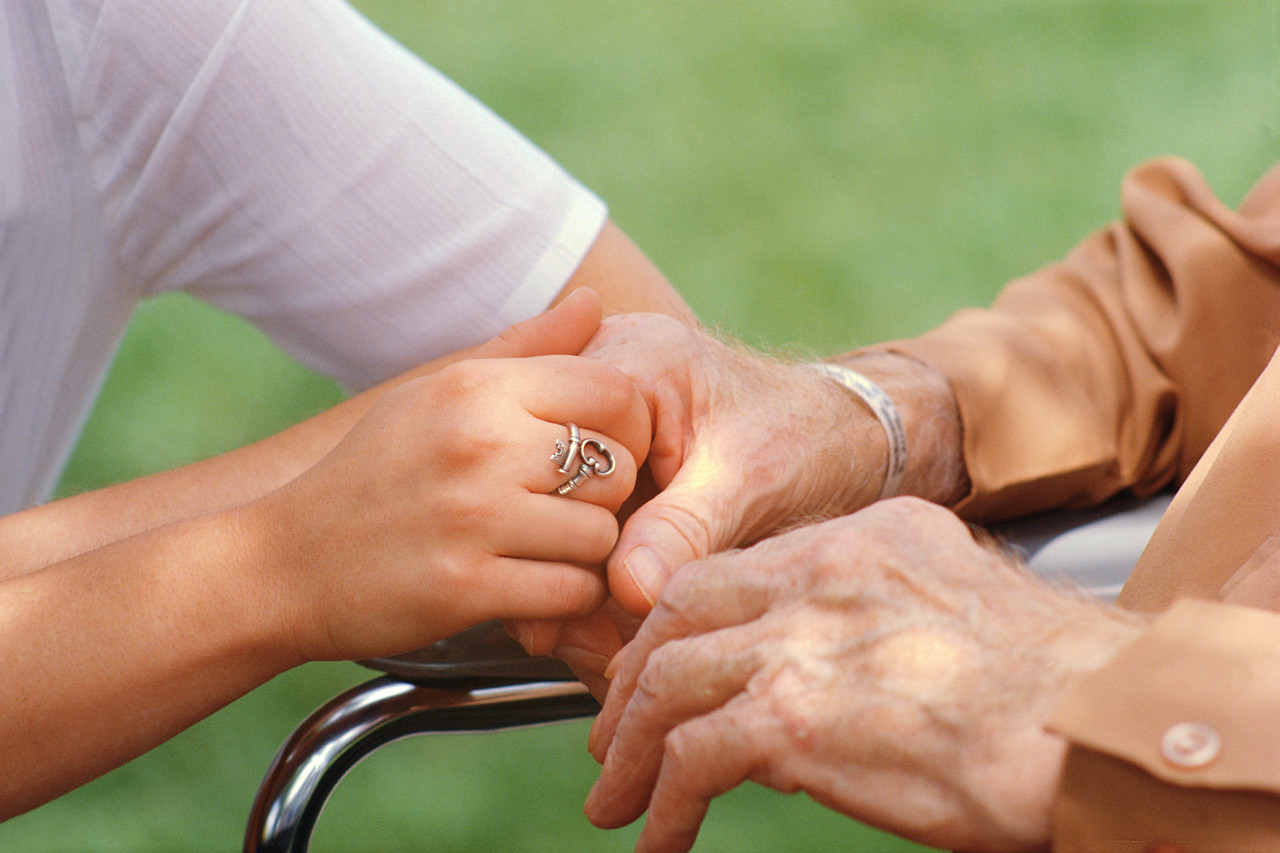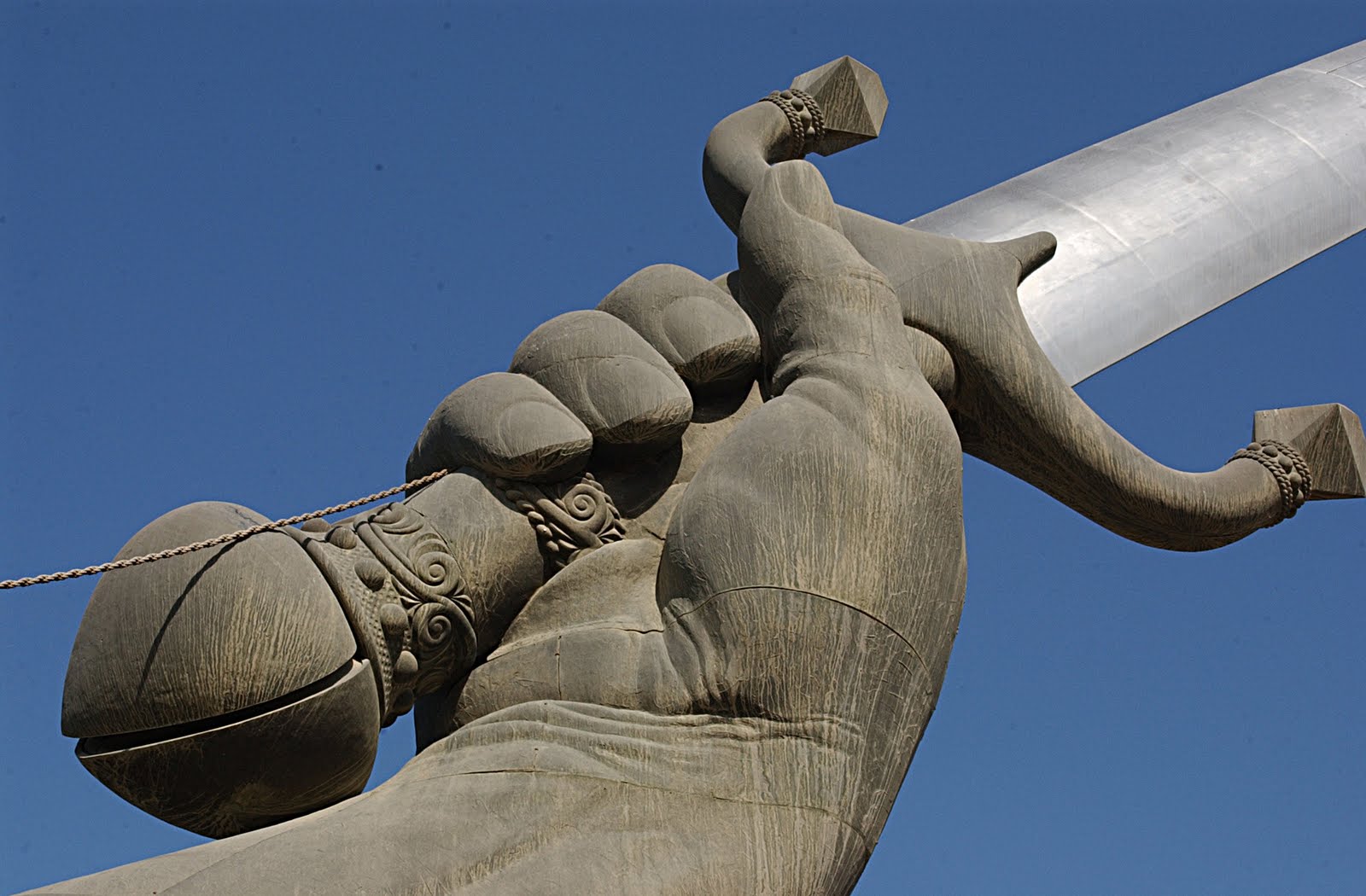A Practical Guide To Biblical Fasting
Fasting is a spiritual discipline that involves a lot of diligence. Fasting done anyhow can cause great complications both physically (in your health) and spiritually (ineffective). There are many who claim to be fasting and end up worst than how they begun. For this reason I would like to give you a practical guide to Biblical fasting.
Firstly you need to determine the type of fast and its length. You may decide on an absolute fast (this is going without food and water) like that of Esther (Esther 4:16), a partial fast (which is abstinence from normal meals) like that of Daniel (Daniel 10:2-3) or a normal fast (where only water is taken). Be sure you are guided by the Lord in the type of fast you choose and how long it should take.
Secondly you need to set your objective. Why are you fasting? There are many reasons for fasting. You need to be clear on the exact reason before going into a fast. Is it for spiritual renewal, for guidance, for healing, for the resolution of a problem or for special grace to handle a difficult situation? Although these reasons may be a good enough reason for you to fast, I believe the major reason for any fast should be for worship and spiritual renewal where your spirit is renewed to be sensitive to things of the Spirit.
Prepare yourself physically for the fast. Everyone’s body responds differently to fasting, and if you have never done it before, it can be difficult to predict how it will make you feel. Take a few days to get physically prepared before launching into a fast. You can do this by cutting down on food intake prior to your fast.
The next thing is to prepare yourself spiritually. You need to begin your time of fasting and prayer with an expectant heart (Hebrews 11:6). Only an expectant heart will keep you focus. Satan may sometimes intensify the battle between the body and spirit wanting to move your attention on something else (Matthew 4:1-11).
Try to start gradually. Start with a shorter duration of fast before launching into a long fast for the first time. You may start by skipping breakfast and lunch and then breaking the fast in the evening with a light but healthy meal. For health reasons do well to drink plenty of water throughout the day. During the fast you may encounter some discomforts such as headaches, stomach aches and physical weakness but these are normal and may cease a few days into the fast.
Note that it is normal to feel hungry or crave for food for the first few days of the fast because your body releases toxins and tries to acclimatise with the new situation. This is why it is important to have a reason and an expectation because that is what will keep you to the end of your fast. Commit yourself to prayer and studying of the Bible because a lack of them will just be a hunger strike with no results.
In breaking the fast start by drinking water especially if it is an absolute fast. This makes sure your body is hydrated and ready to take in food. Do not break a fast by feasting on heavy meals since your body has grown used to taking in very little food. Eat light meals that will help your body to acclimatise. I will recommend that you eat a lot of fruits and vegetables.
This practical guide to Biblical fasting will help you in your spiritual growth and make fasting a fun excise.





